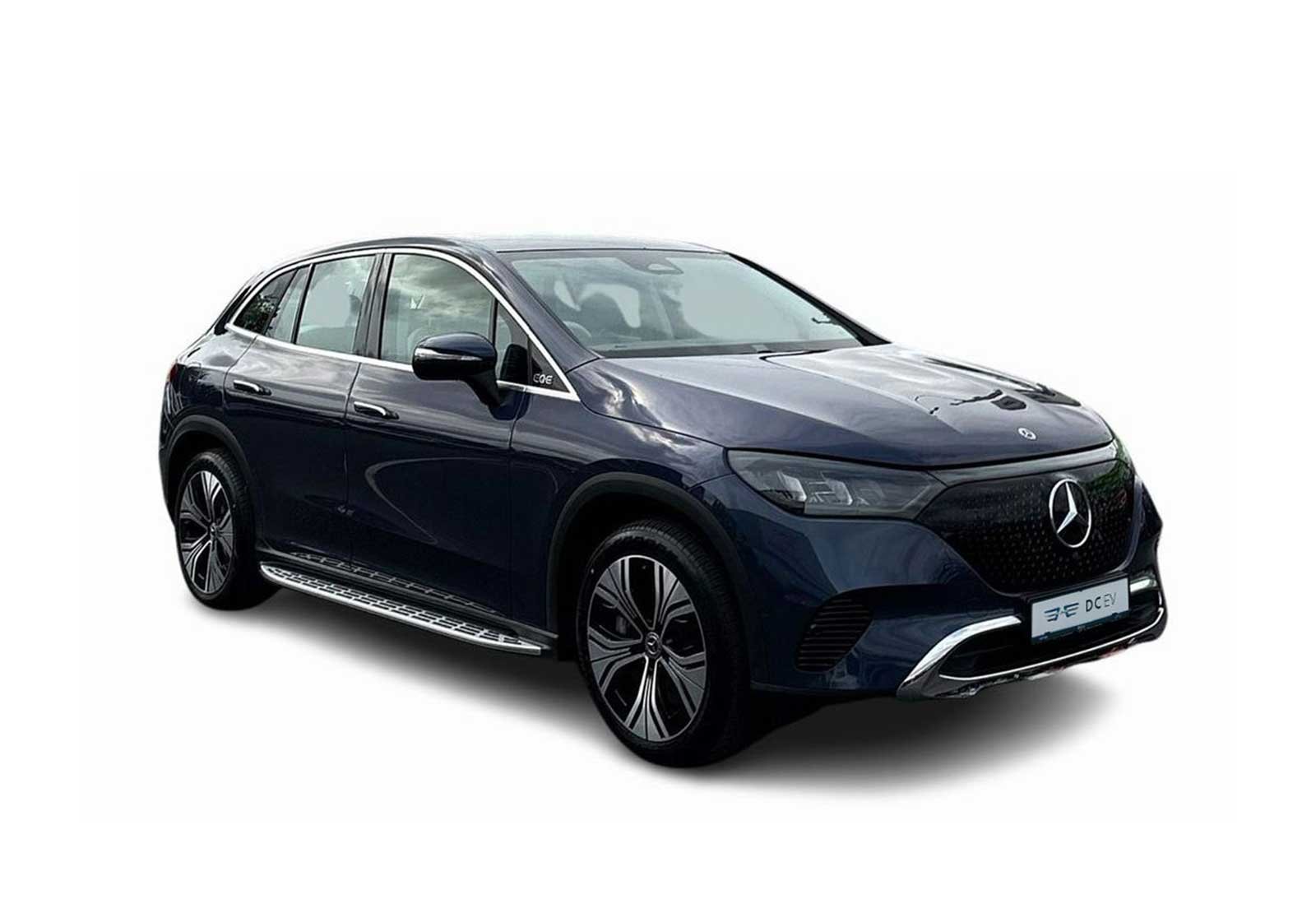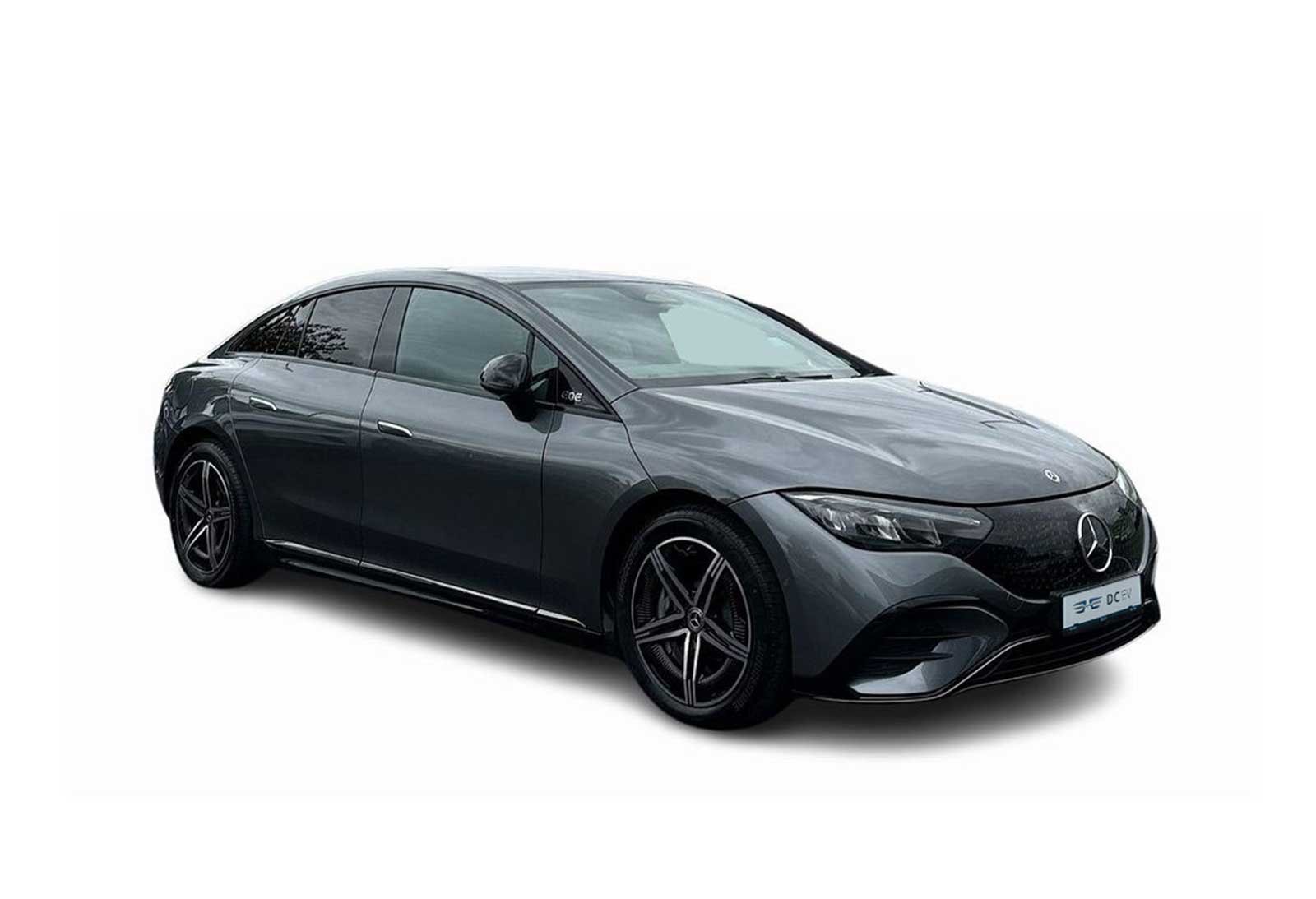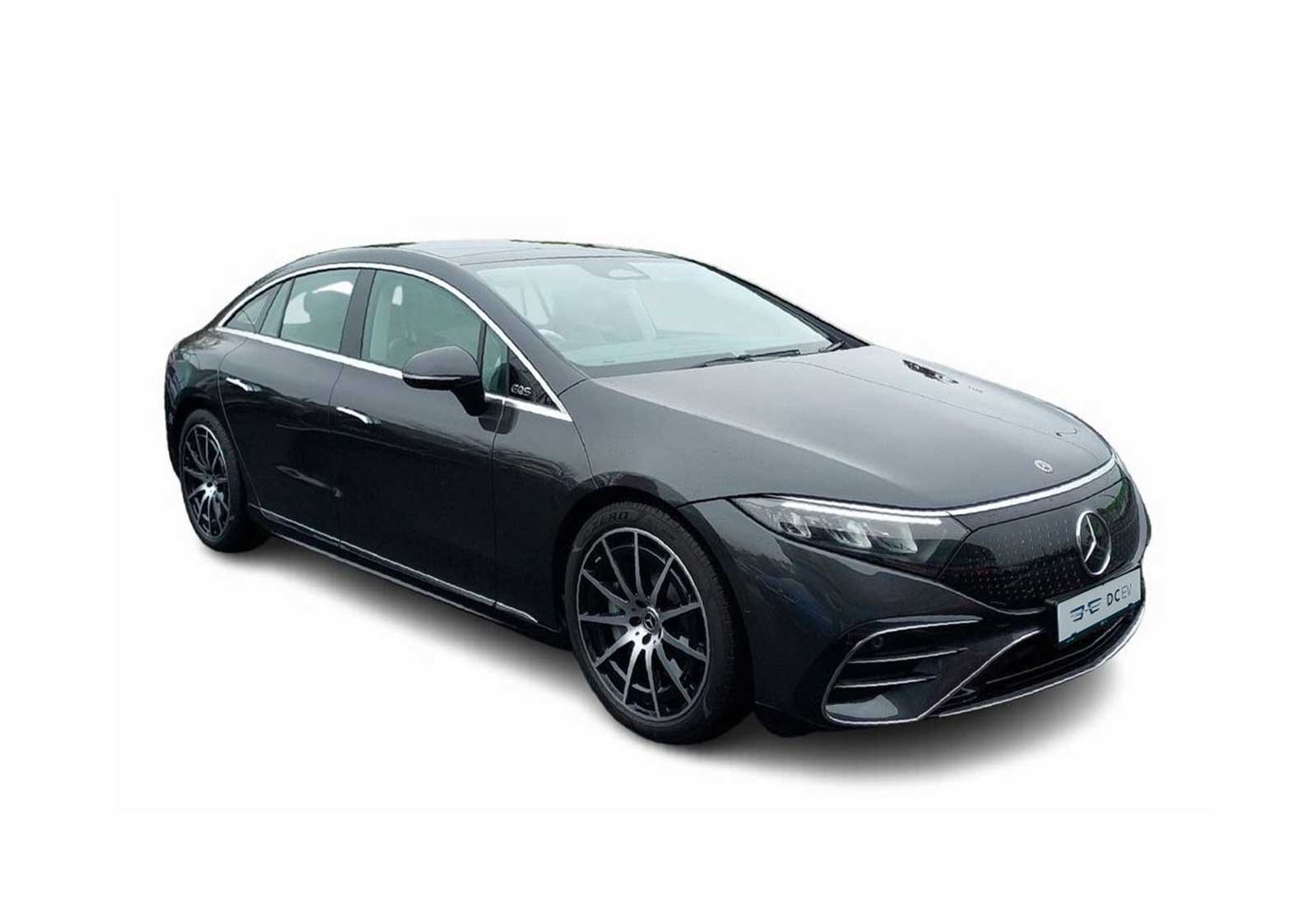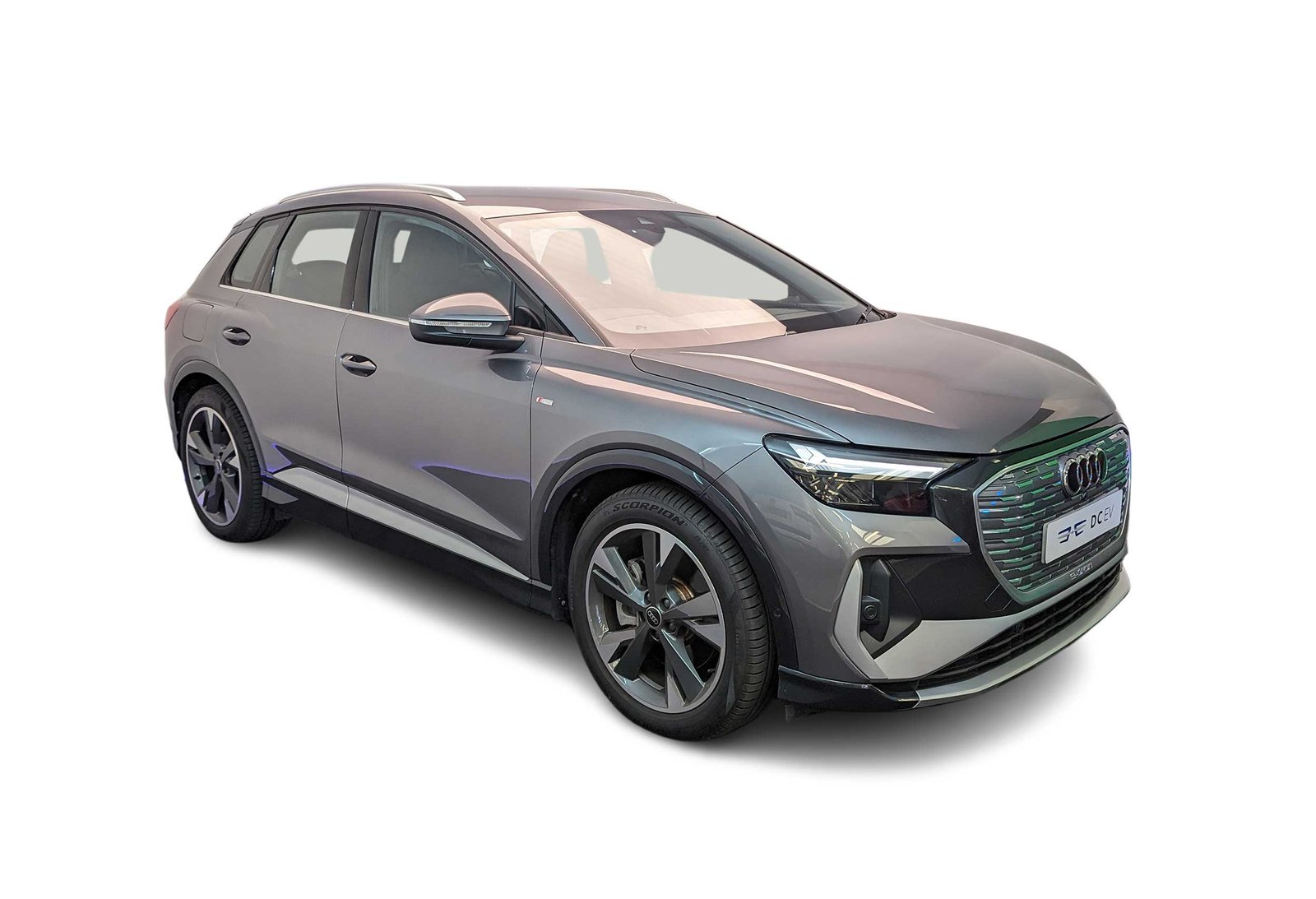What is a kWh? kW and kWh explained
A kilowatt-hour (kWh) is a measure of how much energy you’re using.
It doesn’t mean the number of kilowatts you’re using per hour. It is simply a unit of measurement that equals the amount of energy you would use if you kept a 1,000-watt appliance running for an hour.
So, if you switched on a 100 watt light bulb, it would take 10 hours to rack up 1 kWh of energy.
Or a 2,000-watt appliance would use 1 kWh in just half an hour.
What’s the difference between kWh and kW?
kW stands for kilowatt. A kilowatt is simply 1,000 watts, which is a measure of power. i.e. the 10,000-watt electric shower could also be called a 10-kilowatt shower.
So, a 1,000-watt drill needs 1,000 watts (1 kW) of power to make it work and uses 1 kWh of energy in an hour.
That’s why, if you leave a TV or computer on standby, it is still using power and creating a kWh cost on your energy bill.
Does anybody know what they pay for electricity?
When you get your electricity and gas bills, confusing Eh? Does anybody know what they are actually paying bi-monthly?
If you know what a kilowatt-hour is, it can help you understand:
- How your energy supplier works out your bills
- Why some appliances use much more gas or electricity than others – and how much individual appliances use
- Why you should turn appliances off at the wall to save energy costs, and not just leave them on standby
You can then use that information to help you monitor your gas and electricity use, cut costs and lower your bills.
It’s also a good way to make really accurate comparisons if you’re thinking of switching gas or electricity provider or check you’re getting a good deal – look at the exact cost of electricity per kWh – and then do the same for gas.
Can I use kWh to compare energy costs?
If you’re checking energy prices on a comparison site, you can get a much more accurate idea by entering your kWh use. You’ll find it on your bills or annual statement. Be sure to enter the right timescale as well. If you enter 2,000 kWh a month when you actually use 2,000 kWh a year, you might be shocked by the prices you’re quoted.







